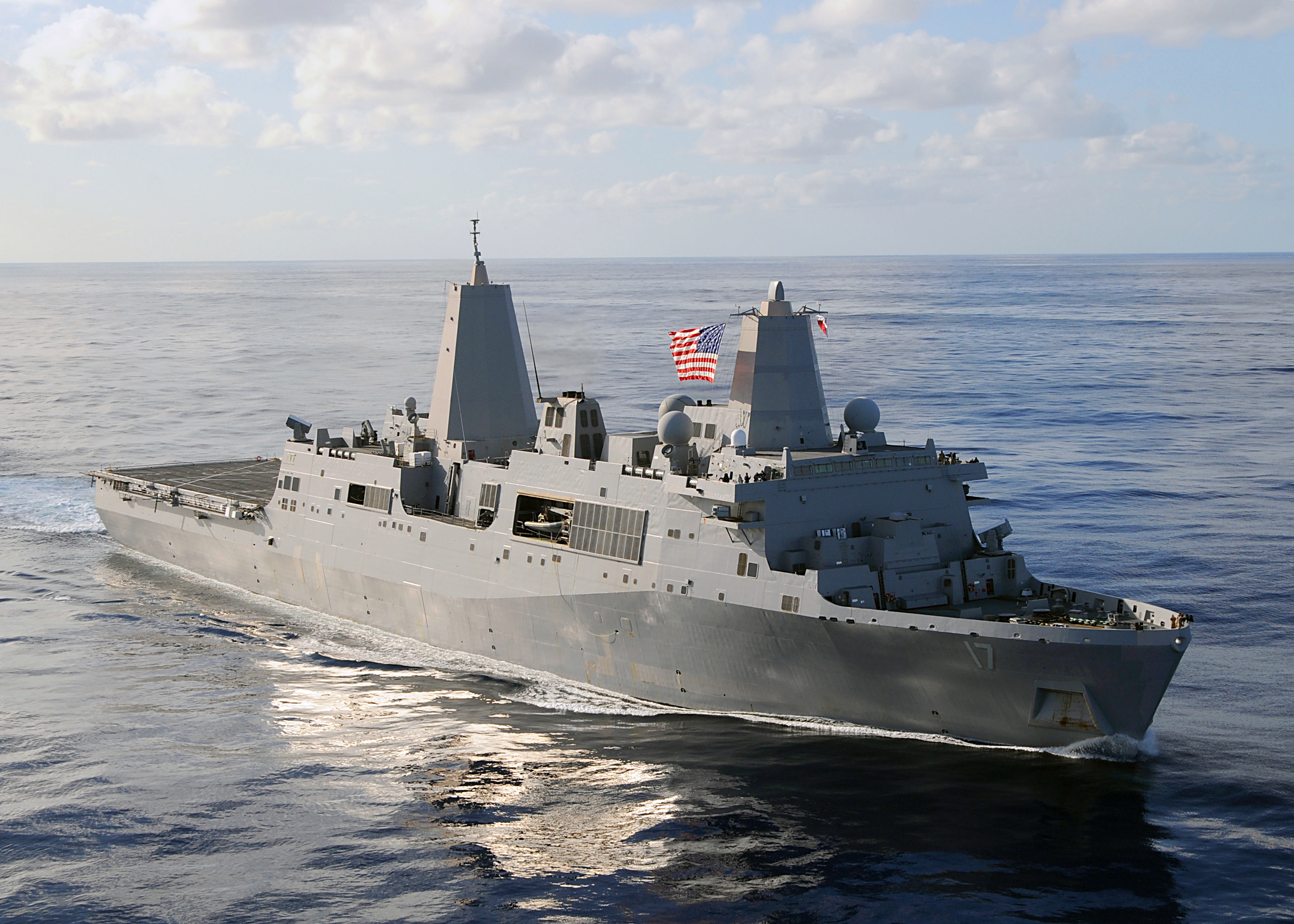 Instead of sending suspected terrorists to Guantanamo Bay or secret CIA "black" sites for interrogation, the Obama administration is questioning terrorists for as long as it takes aboard U.S. naval vessels.
Instead of sending suspected terrorists to Guantanamo Bay or secret CIA "black" sites for interrogation, the Obama administration is questioning terrorists for as long as it takes aboard U.S. naval vessels.
And it's doing it in a way that preserves the government's ability to ultimately prosecute the suspects in civilian courts.
That's the pattern emerging with the recent capture of Abu Anas al-Libi, one of the FBI's most wanted terrorists, long-sought for his alleged role in the 1998 bombings of U.S. embassies in Africa. He was captured in a raid Saturday and is being held aboard the USS San Antonio, an amphibious warship mainly used to transport troops.
Questioning suspected terrorists aboard U.S. warships in international waters is President Barack Obama's answer to the Bush administration detention policies that candidate Obama promised to end. The strategy also makes good on Obama's pledge to prosecute terrorists in U.S. civilian courts, which many Republicans have argued against. But it also raises questions about using "law of war" powers to circumvent the safeguards of the U.S. criminal justice system.
By holding people in secret prisons, known as black sites, the CIA was able to question them over long periods, using the harshest interrogation tactics, without giving them access to lawyers. Obama came to office without a ready replacement for those secret prisons. The concern was that if a terrorist was sent directly to court, the government might never know what intelligence he had. With the black sites closed and Obama refusing to send more people to the U.S. detention facility at Guantanamo Bay, Cuba, it wasn't obvious where the U.S. would hold people for interrogation.
And that's where the warships came in.





 Arab and Islamic countries jointly condemned remarks by the US ambassador to Israel, Mike Huckabee, who...
Arab and Islamic countries jointly condemned remarks by the US ambassador to Israel, Mike Huckabee, who... Immigration and Customs Enforcement (ICE) cannot re-detain Kilmar Ábrego García because a 90-day detention period has...
Immigration and Customs Enforcement (ICE) cannot re-detain Kilmar Ábrego García because a 90-day detention period has...






























